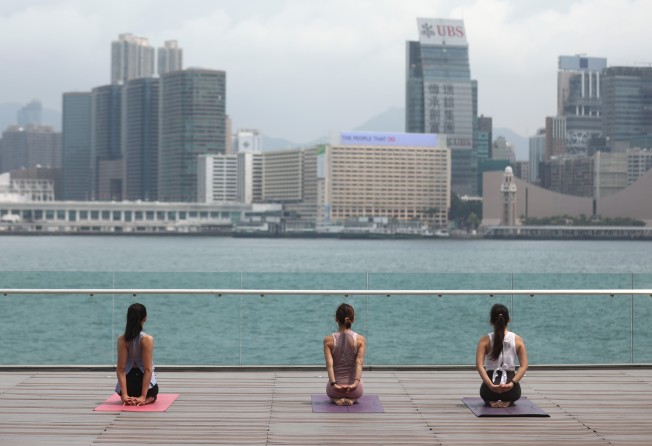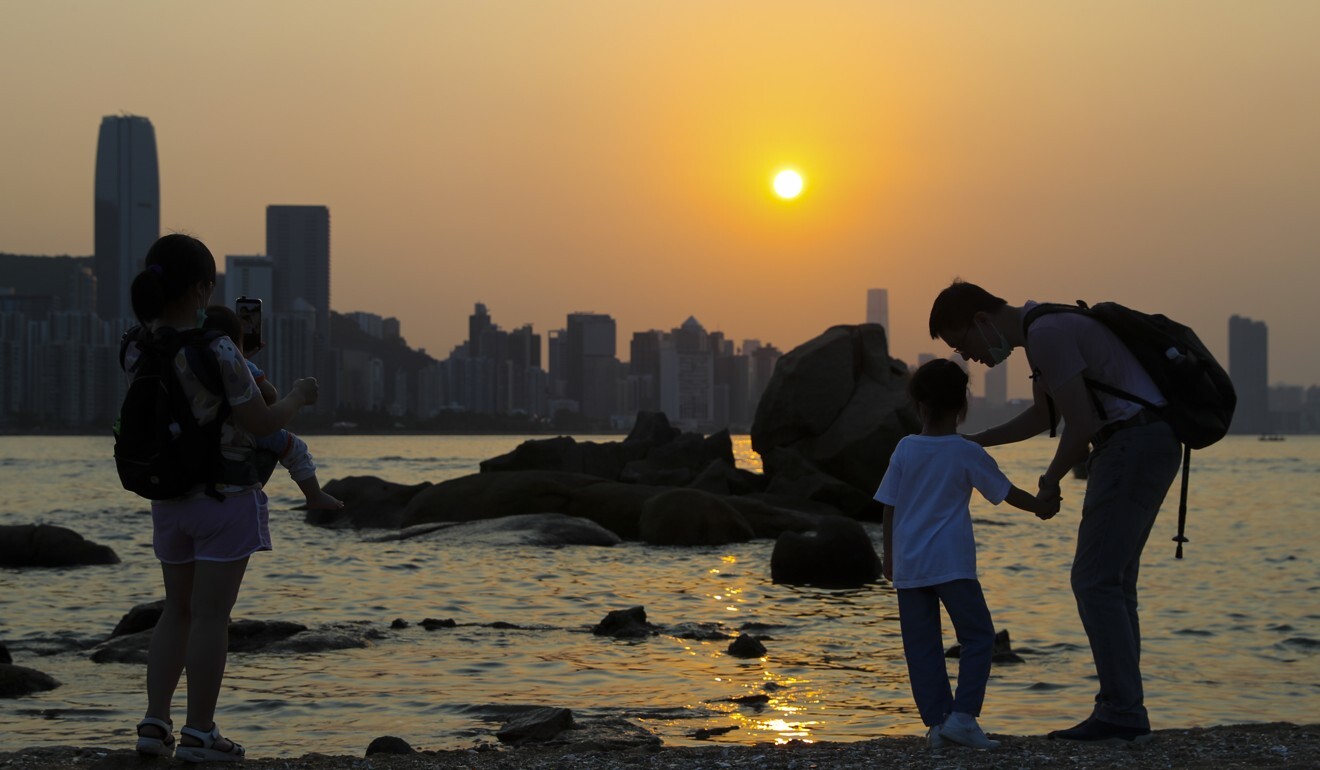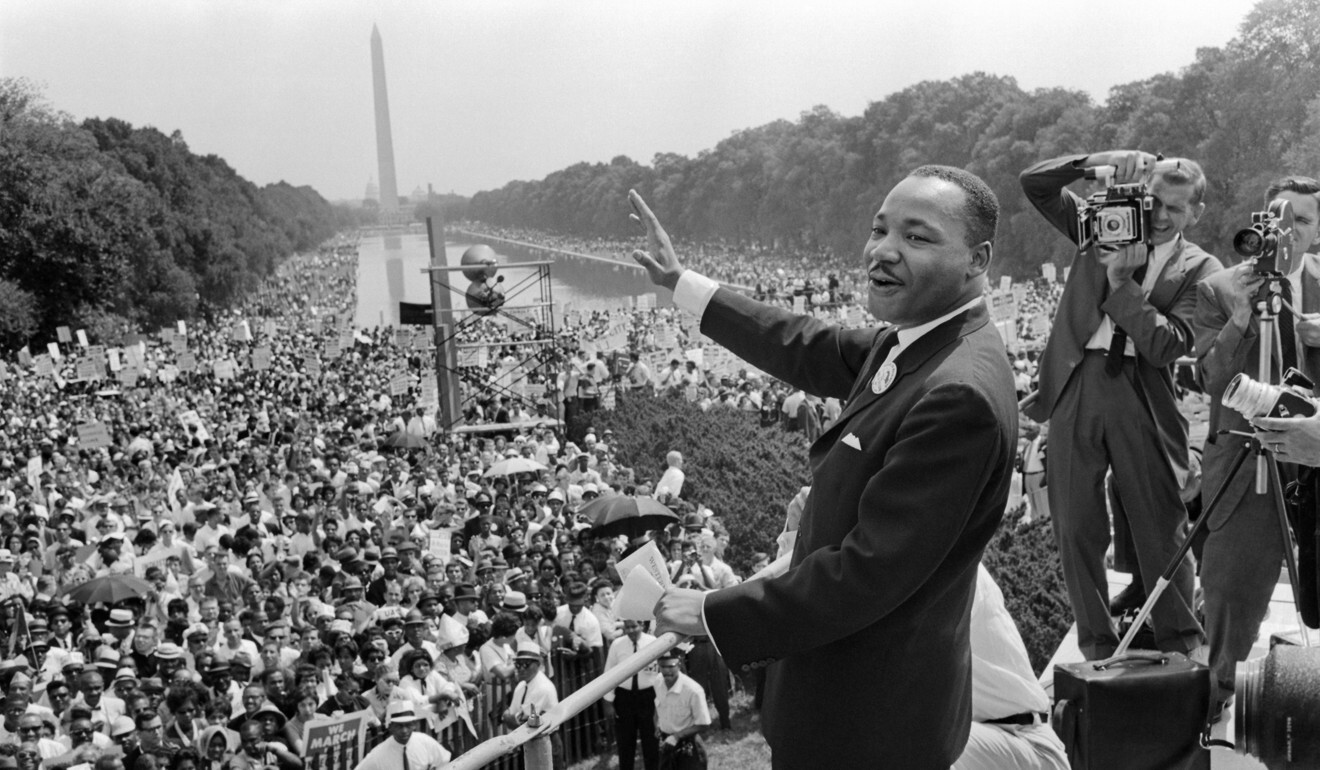What coronavirus-weary Hong Kong can learn from Napoleon, Oscar Wilde and Martin Luther King
- Hongkongers, used to life in the fast lane, have struggled to adapt to spending more time in their often small homes. History, however, shows that time spent in isolation can be productive
- Post-pandemic Hong Kong could have more bookworms and closer parent-child relationships

Since Hong Kong began implementing social distancing measures, in an effort to curb the spread of Covid-19, regular life has come to a screeching halt. A poll conducted by Chinese University’s Centre for Communication and Public Opinion Survey found that 51.4 per cent of respondents felt that the outbreak had had a significant negative impact on their daily lives.
Hong Kong’s public health response has undeniably necessitated adapting to a new way of life. For many Hong Kong residents, this involves spending more time at home, if not most of it.
By now, repeated pleas from the Hong Kong government and health care professionals for members of the public to stay at home for the sake of front-line health care workers are beginning to sound like a broken record.
While heeding those calls prevents laying waste to progress made in containing the virus, it is also a window of opportunity for time-crunched Hongkongers to indulge in the luxury of a publicly sanctioned and socially accepted change of pace.
However, in a city where “jacket-on-the-chair” office culture is prevalent, it is rather surprising that being able to spend more time at home has not been better received. After weeks of social distancing, many Hong Kong residents would rather risk going out than spend another moment at home.
Bored and restless, droves of residents hit the beaches and country parks over the recent Easter break. But how much of such “boredom” is simply a lack of desire, or stubborn refusal, to do things at home?
For years, Hongkongers have reported that they are too tired to do things they want to do when they come home from work. Hong Kong has a poor reading habit, with many citing a lack of time. Now is the chance to pick up a book.
Survey results indicate that Hong Kong parents are hard-pressed to find time to communicate with their children about their worries and problems. Perhaps parents can finally set aside some time to talk to their children and check up on their mental and spiritual well-being.
The Hong Kong Institute of Family Education has suggested that, instead of consuming too much Covid-19 news in their spare time, parents can increase quality time spent with their children. Productivity comes in many forms, and is certainly not only restricted to the workplace.

As humans are inherently social beings, it is only natural that people find it difficult to cope with isolation experienced as a result of social distancing. At the same time, fewer everyday distractions and obligations during the citywide hiatus also means that time spent in isolation can be constructive.
While in exile on Saint Helena, Napoleon Bonaparte, albeit a defeated man by then, played chess and began learning English, a period recorded by Emmanuel de Las Cases in Memorial of St Helena . Some may liken time spent in one of Hong Kong’s shoebox apartments to being sentenced to a jail cell but, even then, it can be a time of creativity and breakthrough. Oscar Wilde wrote De Profundis when he was in Reading Gaol.
During his imprisonment, Martin Luther King Jnr wrote Letter from Birmingham Jail , which became an influential text for the American civil rights movement. Just because someone is confined to a physical space does not mean their thoughts are too.

This is not to say that being stuck at home should always be enjoyable. It is not. Being restricted in how one can live one’s life is certainly frustrating, but Hongkongers must make do with the circumstances, especially when there is good reason.
For those who have the privilege of staying at home, doing so is also a demonstration of respect and solidarity with front-line medical staff. There are understandably instances when it may be necessary to venture out. Otherwise, is it really worth the risk?
Time spent at home is as meaningful as people make it. Nevertheless, if everyone does their part, the time when social distancing measures can finally be relaxed may come sooner. And, who knows, Hong Kong might even emerge from the pandemic with a few more bookworms.
Justin Bong-Kwan is a practising barrister and a freelance writer based in Hong Kong